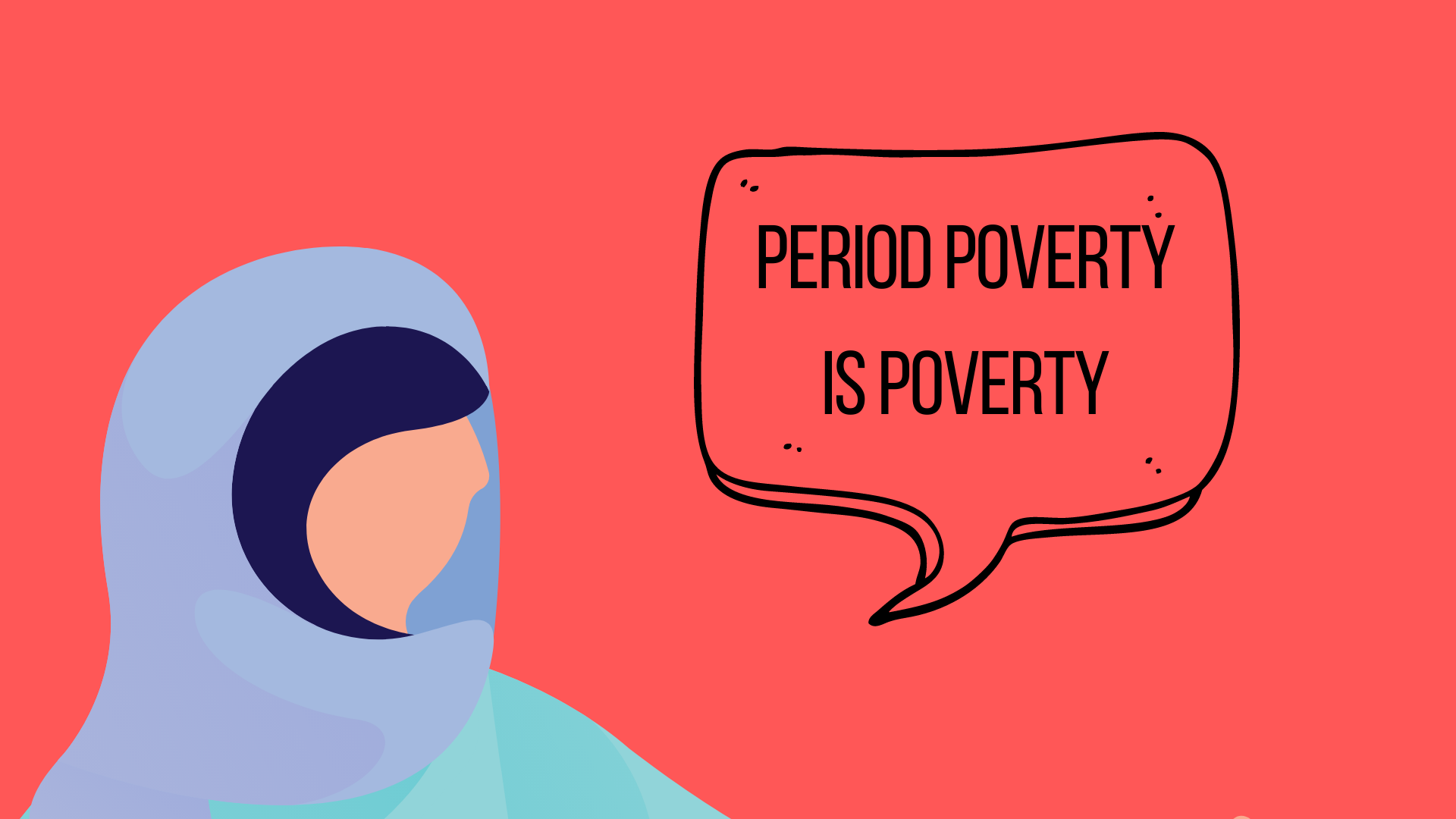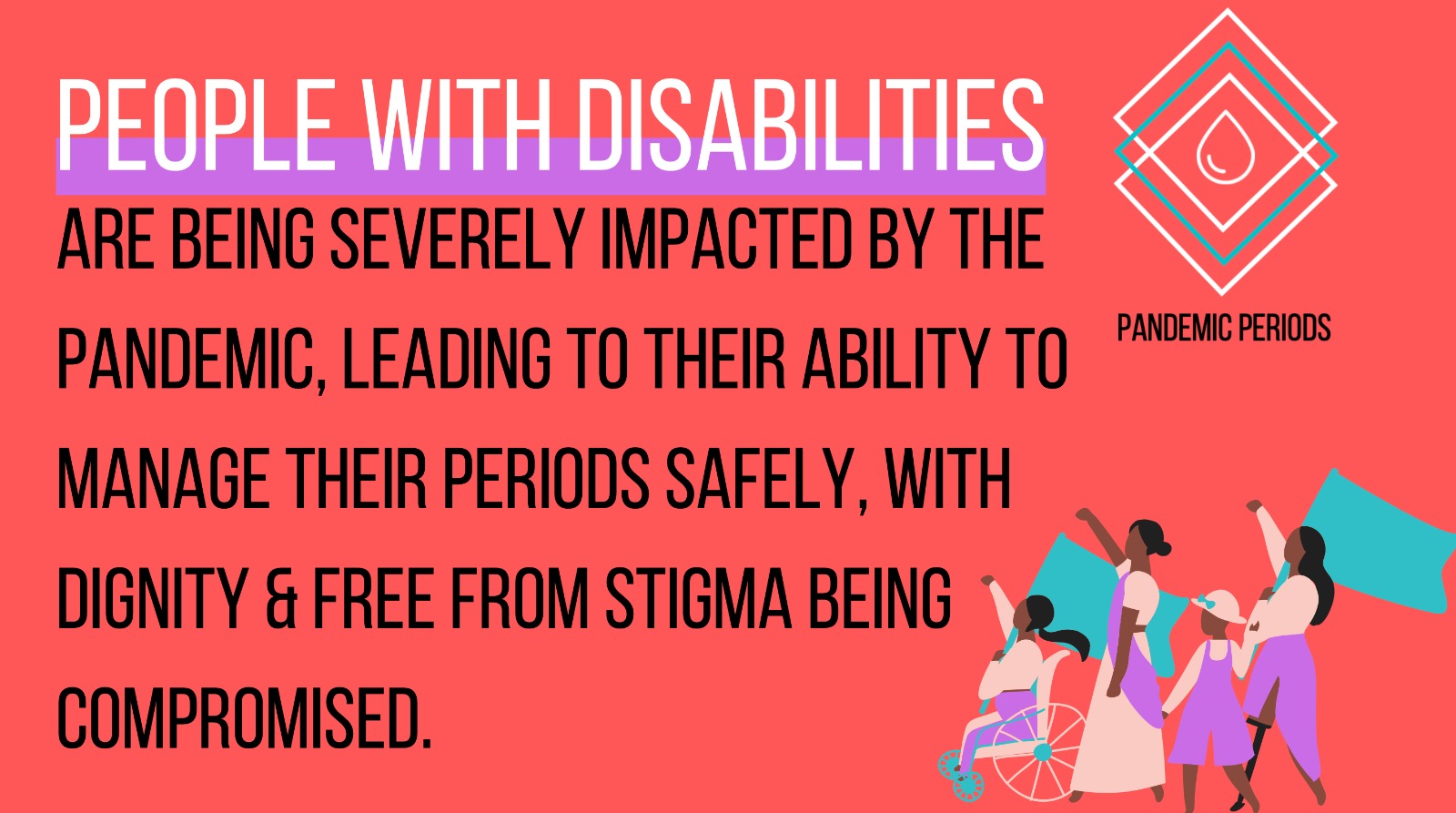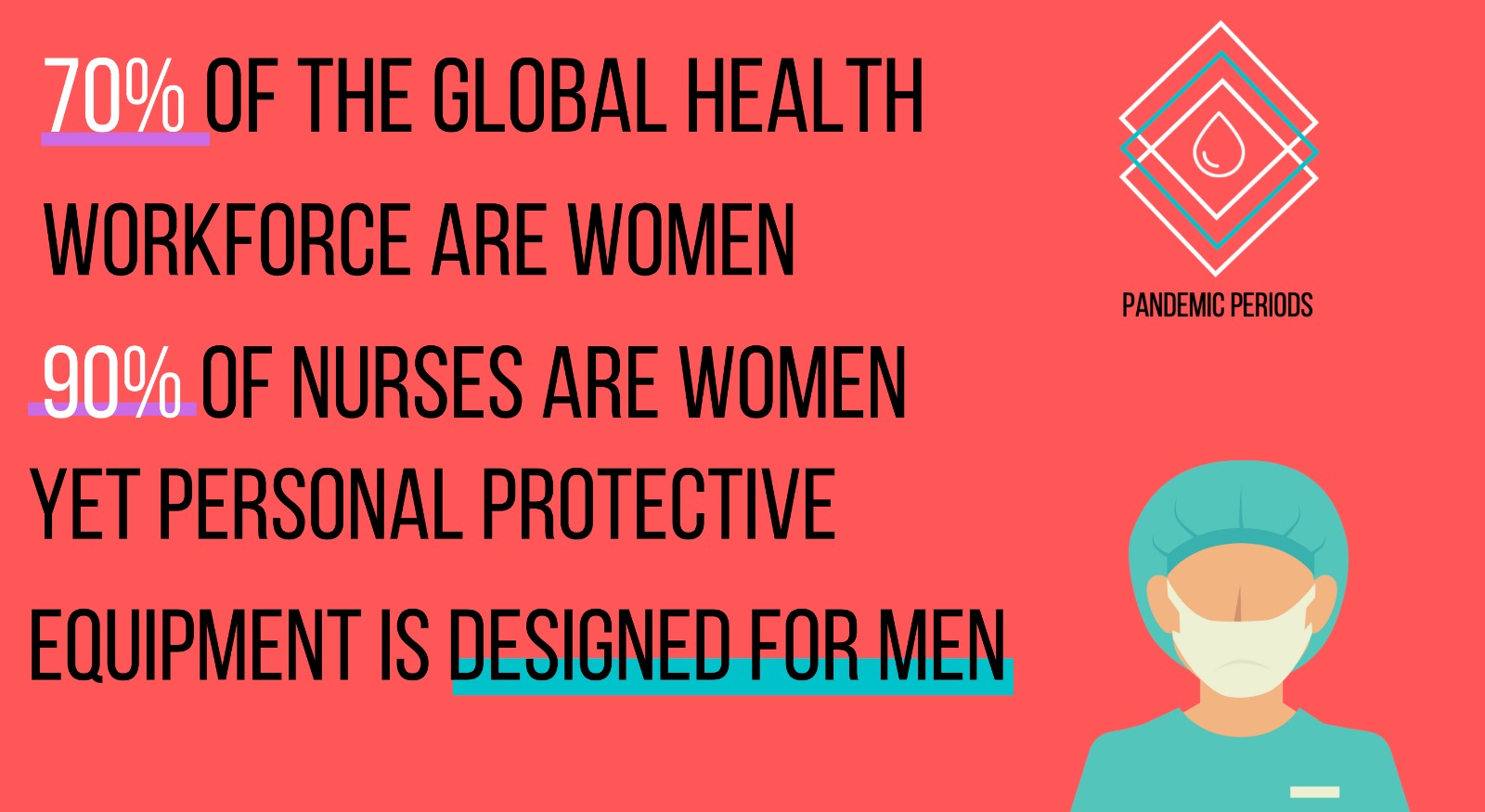Resources
In 2022, we worked with grassroots activists from over 25 countries to enable them to advocate for menstrual health in their contexts and garner their input, knowledge, and direction so we could drive the global menstrual health narrative
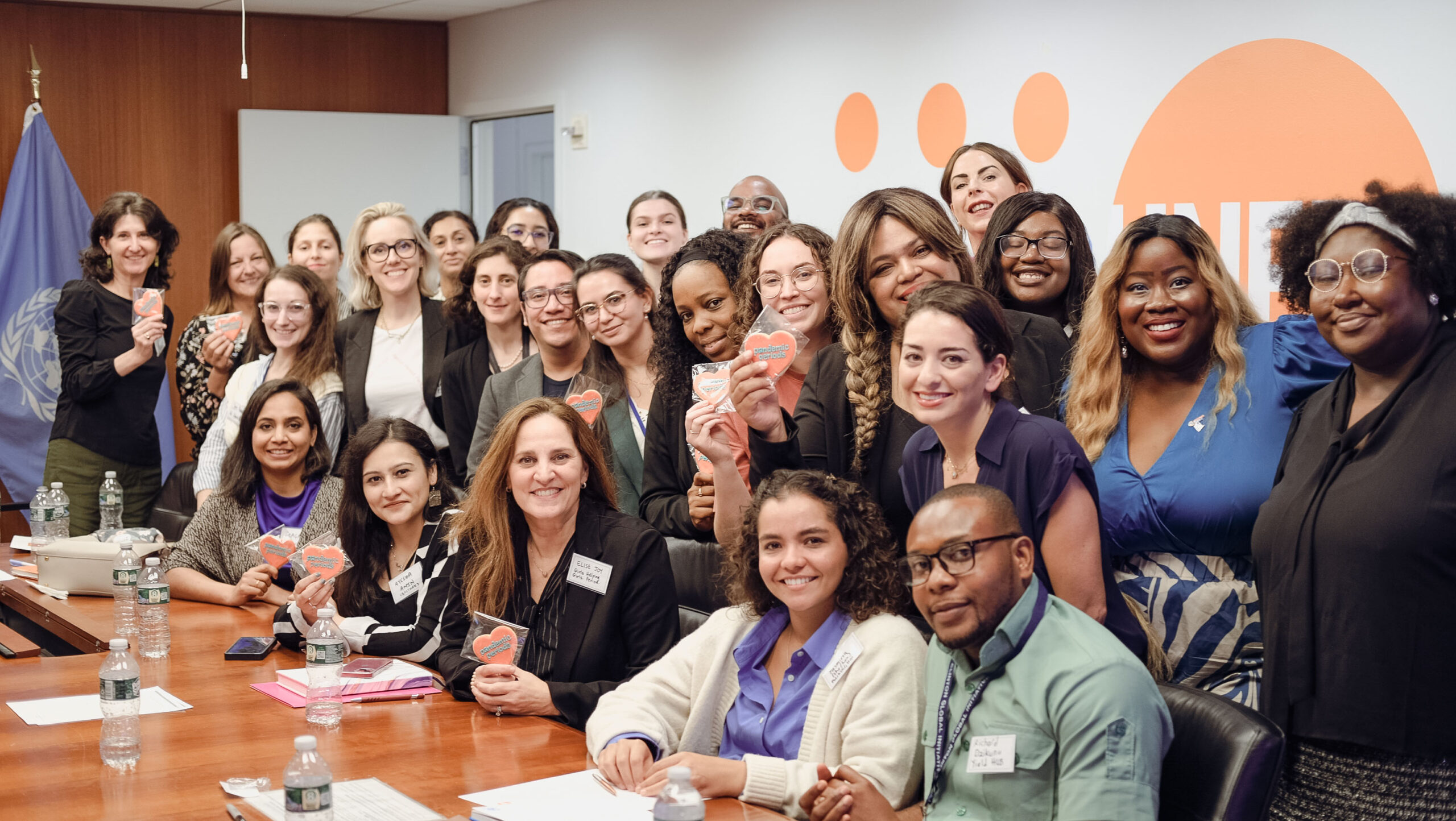
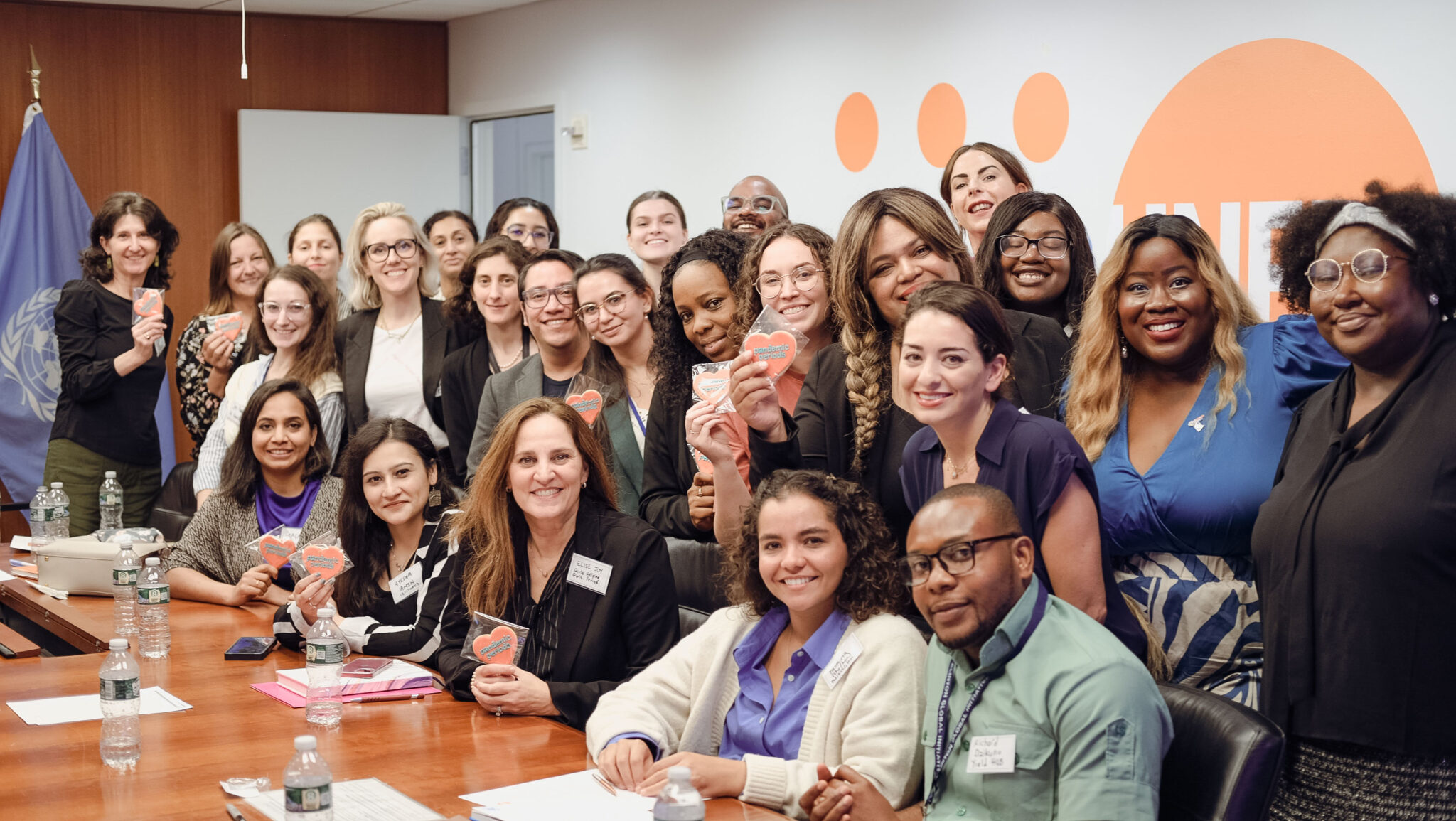
Convening +50 menstrual health leaders to ignite change!
Pandemic Periods held a hybrid workshop in partnership with the UNFPA SRH Division on the sidelines of the 78th session of the United Nations General Assembly to roadmap the future of menstrual health as a human rights issue. The insights from this workshop can be found on our policy page.
What is menstruation/a period?
What is period poverty?
We understand that several terms are used interchangeably within this sector, each with its strengths and weaknessesPeriod poverty is a paradoxical term whereby its use further perpetuates the stigma and shame relating to sub-optimal menstrual health. The time emerged from the global north but has gained traction in the global South.
Our definition is based on the Action Aid (2021) definition. Period poverty affects women, girls and individuals that menstruate worldwide. Access to appropriate and safe period products, safe and hygienic spaces to use them, and the right to manage menstruation without shame or stigma are essential for menstruating.
What is menstrual health?
In a recent publication, Menstrual Health was defined as complete physical, mental, and social well-being and not merely the absence of disease or infirmity about the menstrual cycle. It is also a facet of sexual and reproductive health rights (SRHR). According to the United Nations, SRHR are the right to life, liberty and the security of the person; the right to health care and information; and the right to non-discrimination in allocating resources to health services and their availability and accessibility.
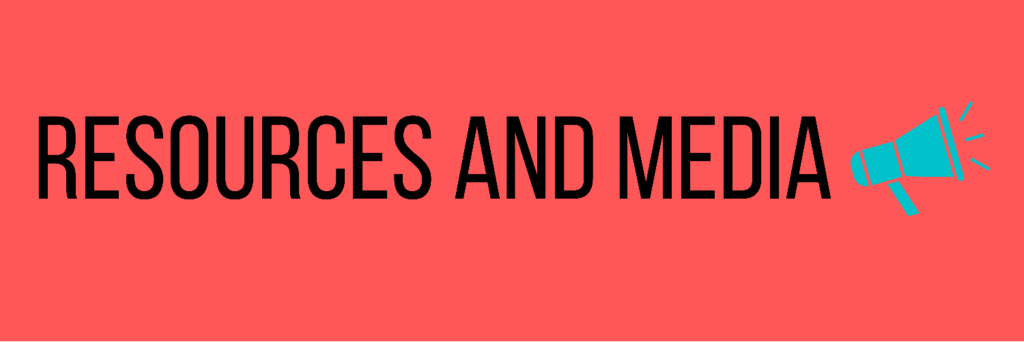
1
educate yourself and teach others
Start by reading the reports and our mission page to know more about period poverty during the covid-19 pandemic and share your knowledge with others so more people can join the movement.
2
Start a conversation
to eliminate the stigma surrounding menstruation and period poverty the first step is to start talking about it. Spark up a conversation about menstruation, menstrual health and period poverty or share our social media posts and graphics. this is a way to get more people to join the conversation and advocate for change.
3
Advocate for change
Write a letter to your local government or tweet asking for menstrual health to be prioritized during the pandemic.

Educate yourself and teach others
Start by reading the reports and our mission page to know more about period poverty during the covid-19 pandemic and share your knowledge with others so more people can join the movement.

Start a conversation
to eliminate the stigma surrounding menstruation and period poverty the first step is to start talking about it. Spark up a conversation about menstruation, menstrual health and period poverty or share our social media posts and graphics. this is a way to get more people to join the conversation and advocate for change.

Advocate for change
Write a letter to your local government or tweet asking for menstrual health to be prioritised during the pandemic.
We must avoid making assumptions about what people need, so we work with various stakeholders to co-develop tools, events, and advocacy initiatives that grassroots activists can adopt!

You can download a template letter for your government in French, English or Spanish to send to your Minister of Health, Minister of Equality, Minister of Women, or Local Councillor, asking them to prioritise menstrual health policies.
We have also curated several global discussions focusing on the intersection of menstrual health and several prominent international health topics, such as universal health coverage, gender-based violence, human rights, and women’s leadership. You can watch these events on our YouTube channel.
Graphics to share in social media
Gifs
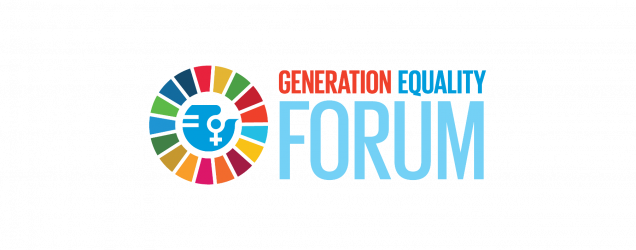
Our 2023-2024 commitment
Pandemic Periods advocates for the right to thrive from menarche to menopause.
Pandemic Periods commits to elevating menstrual health on the global stage, as a gateway to discussing broader sexual and reproductive health rights. We pledge to drive collective action around achieving numerous Sustainable Development Goals (SDGs) and seek to empower all women and girls, as well as facilitate efforts to ensure all menstruating individuals can manage their menstruation with dignity.
Over 500 million people do not have access to menstruation products, education on menstrual health, or a space to menstruate without shame or stigma attached to having a period. Through our global collective, we continue to ‘level up’ efforts and:
1. Advocate for sexual and reproductive health, rights, and bodily autonomy being incorporated into broader narratives of public health, workplace, humanitarian crisis, socioeconomic sustainability, and everyday spaces.
2. Work with our partners, international organisations, and volunteers to ensure the inclusion of all facets of menstrual health in humanitarian crisis response.
3. Create opportunities for everyone across our movement, and for menstrual health to be integrated into global agendas, policies, and constitutions.
4. Mobilise allies and partners in places that are not associated with health directly – business, leisure, sport, and other areas of government.
5. Educate and empower our volunteers to deliver Pandemic Periods programs in their context and offer them communication channels to drive and diversify the global menstrual health narrative.
6. Foster movement towards achieving SDG 1 (eradicate poverty), SDG 3 (good health and well-being), SDG 4 (quality education), SDG 5 (gender equality), SDG 6 (clean water and sanitation), SDG 8 (decent work and economic growth), SDG 10 (reduced inequalities), SDG 11 (sustainable cities and communities), and SDG 13 (climate action), using a menstrual health lens.
Throughout 2024-2025, we will continue supporting and co-delivering our Generation Equality Forum in the Feminist Movements and Leadership Action Coalition commitment.

